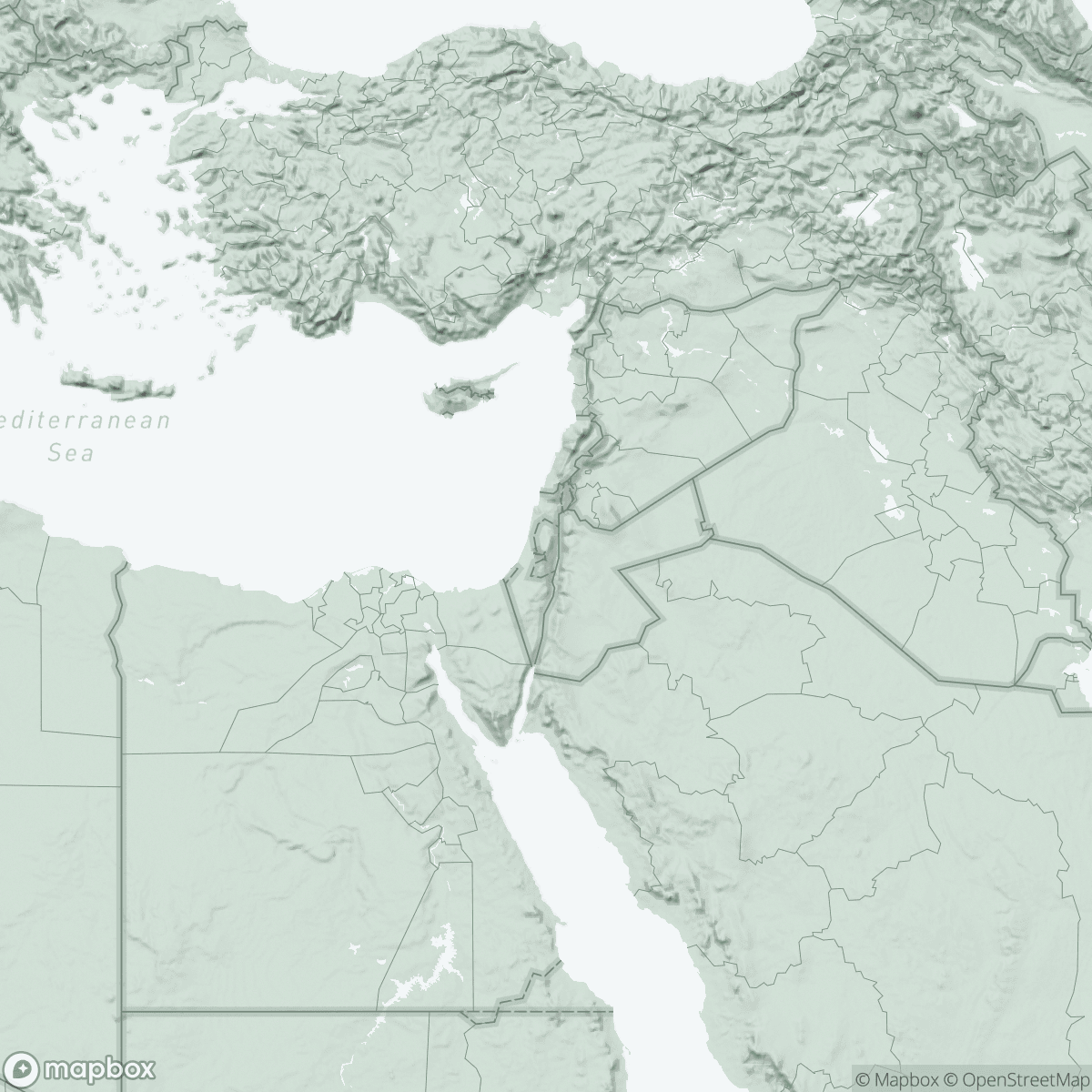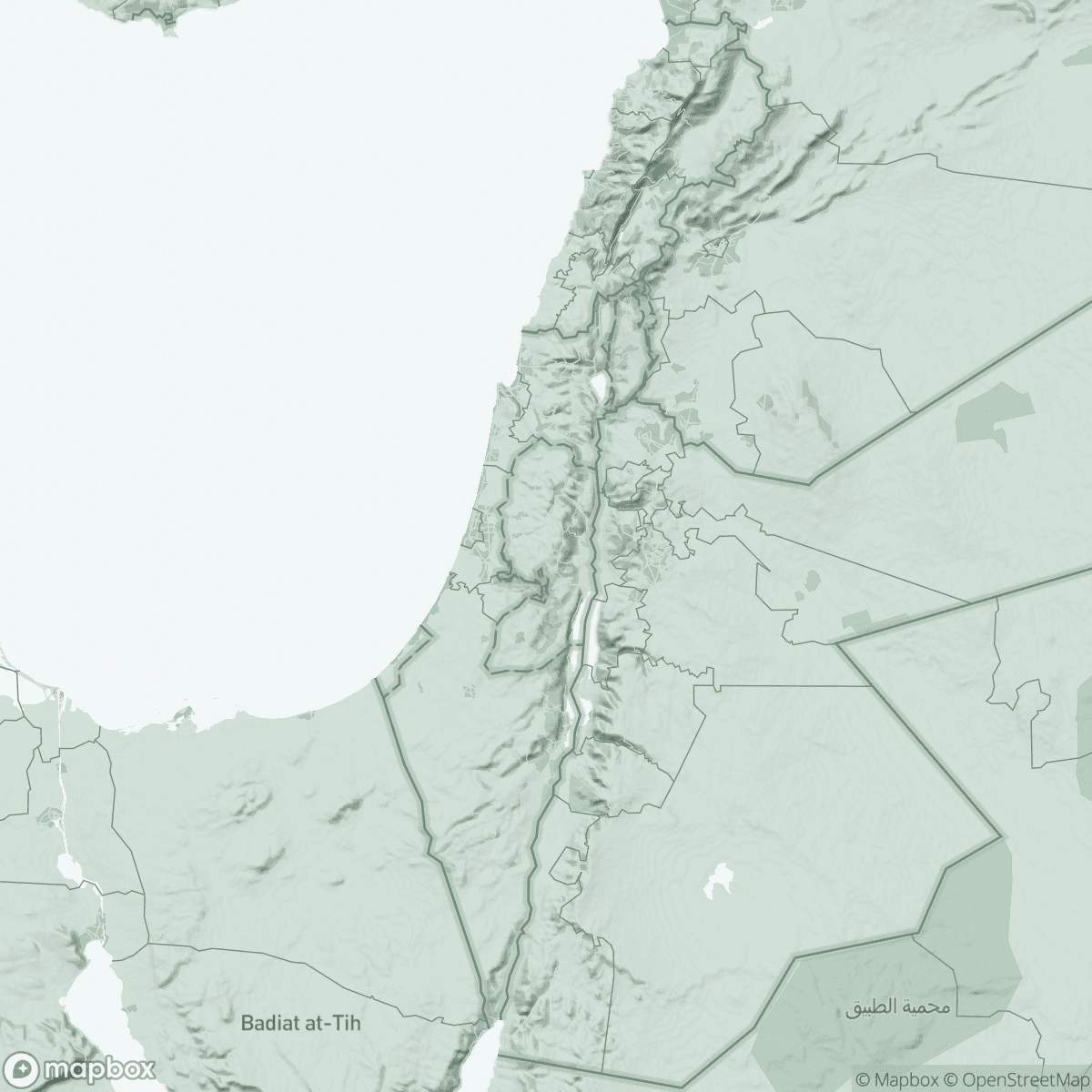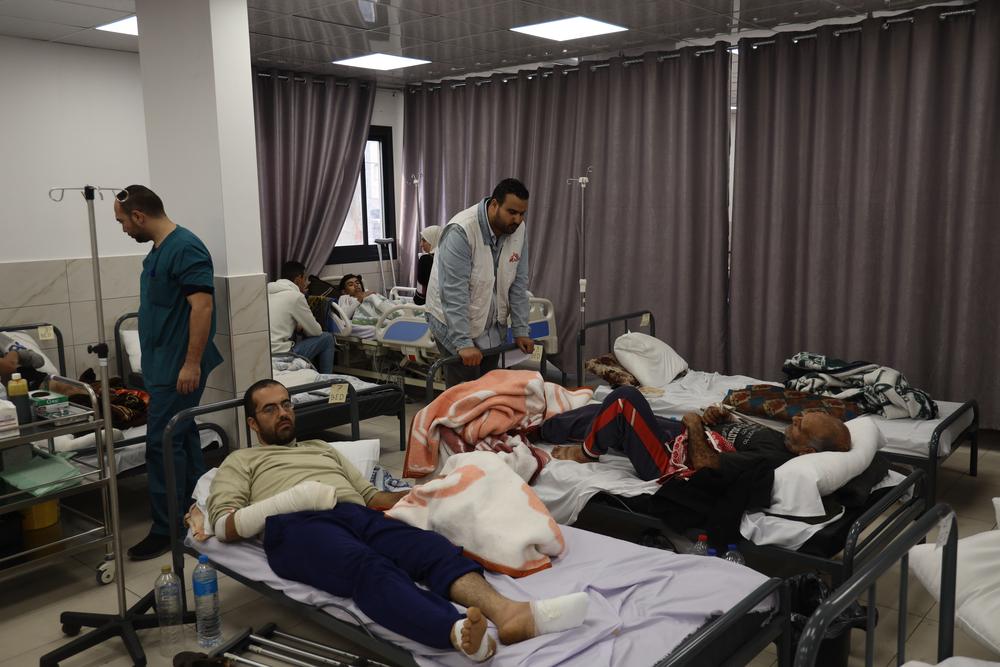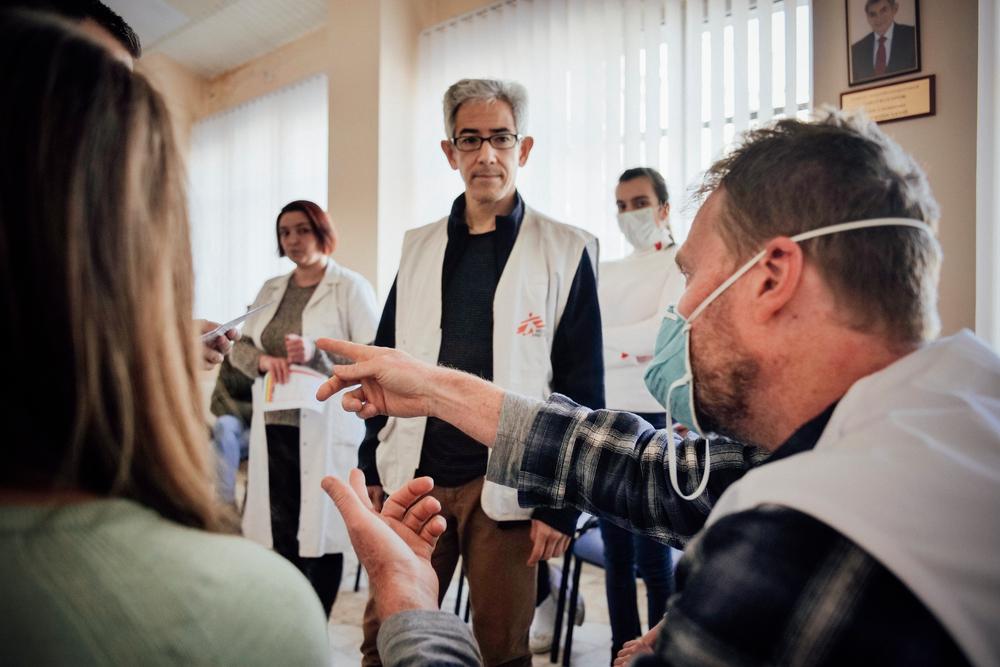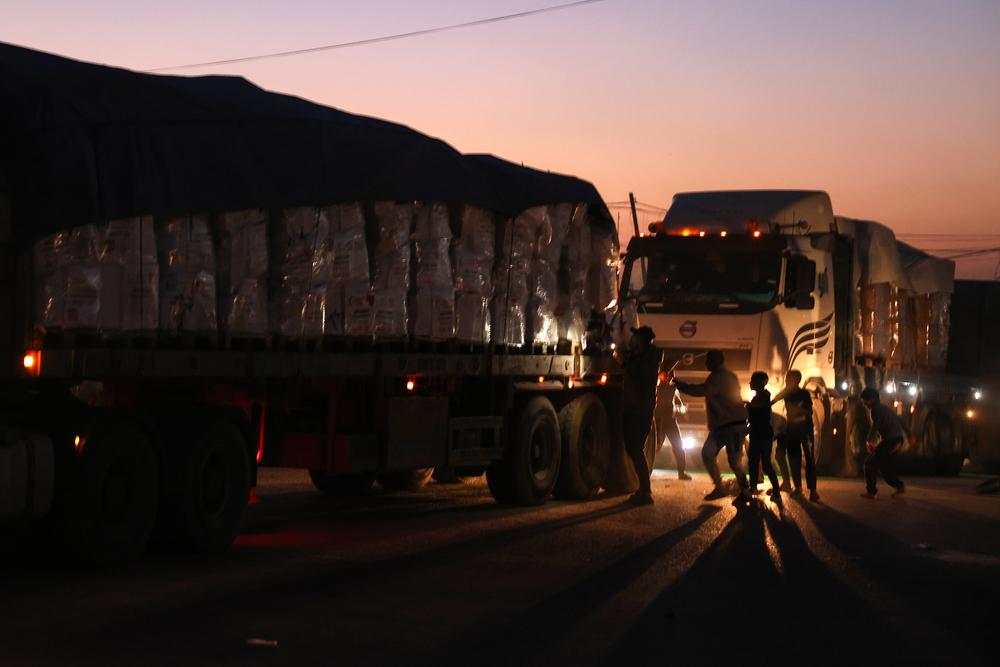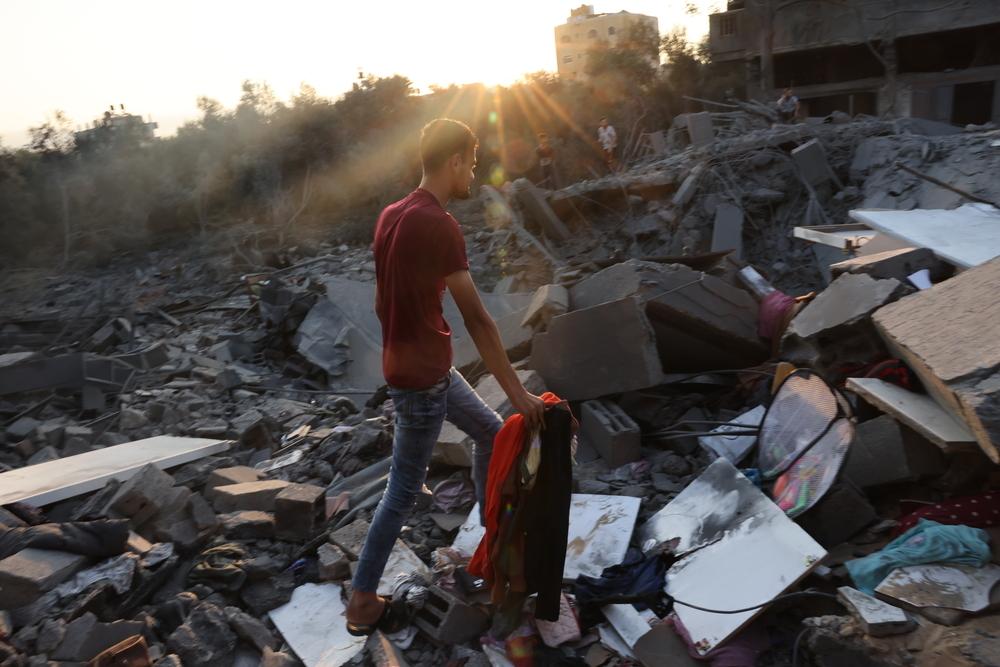
MSF doctor Edward Chu: "Gaza is an emergency like I've never seen"
In 1 click, help us spread this information :
Dr. Edward Chu was part of a team of Doctors Without Borders / Médecins Sans Frontières (MSF) staff who went to Gaza in December 2023 to provide urgent medical support to our Palestinian and international colleagues as they continue to see large influxes of patients with severe injuries amid extreme supply shortages and relentless bombardment. Upon his return, he shared an account of this humanitarian catastrophe that continues to worsen.
Maryam’s* life completely changed at 11 years old. A bomb cost her both legs—one just below the hip and the other at the knee. She was already inconsolable when she arrived at Rafah Indonesian Field Hospital with her mother and two sisters, who also suffered amputations.
They are among more than 66,000 Palestinians in Gaza who have been injured in the war with Israel to date, many of whom are facing the grim reality of what should be recovery after discharge: returning to an improvised tent in the cold, rainy winter, where their wounds may well get infected and the chances of getting the additional reconstructive surgeries they need are very slim.
My assignment in Gaza
I went to Gaza in December with a team of Médecins Sans Frontières (MSF) staff. Our objectives were twofold: to support the emergency department and operating theater at Nasser Hospital,** where we are carrying out procedures like plastic reconstructive surgery and skin grafts, and to find a location farther from the front line where we could work safely. It was already clear that we were likely not going to be able to stay at Nasser Hospital much longer.
The plastic surgeon on our team was only able to do two days of work there before the Israeli army warned that they were going to start shelling the adjacent area. Our team had to evacuate on Christmas, although we still have Palestinian colleagues who chose to continue treating the sick and wounded. After that, we focused on setting up the Rafah Indonesian Field Hospital and preparing our staff with trauma kits.
The high risk of shelling or being caught in crossfire meant that it was essential that all of our staff, like drivers and other non-medical staff, know some basic lifesaving skills such as how to apply compressive dressings pack wounds, and use tourniquets.
What makes Gaza stand alone
I have worked with MSF in conflict zones before. I’ve worked in Central African Republic and Democratic Republic of Congo; I worked in Ukraine in March 2022, just after Russia stepped up its invasion. But what’s happening in Gaza is a humanitarian emergency like I have never seen before—the sheer amount of shelling; the constraints of providing medical humanitarian aid because of indiscriminate attacks and the lack of respect for health care staff and facilities.
The intensity of the attacks in Gaza, which measures just 12 kilometers [about 7.5 miles] at its widest point, makes it especially dangerous.
The lack of medical supplies and equipment was also striking and very difficult to manage. The emergency room at Nasser Hospital, which was overflowing with inpatients, only had two trauma bays available for emergency cases and was missing most of its gurneys, leaving most patients to be treated on the floor. Several of the machines for monitoring patients were not working or missing the parts needed to function properly. The limited supply of medication had to be rationed.
At Rafah Indonesian Field Hospital, although we had a surgeon on our team, we didn’t have enough analgesic medication used for numbing and preventing infections, like lidocaine for dressing changes and smaller but essential procedures like removing dead or infected tissue.
Hospitals are overwhelmed with the wounded, but people with chronic health issues and other medical conditions still have the same needs they had before the war. It’s too dangerous for most of them to get to health facilities and it’s very difficult to get the medications they need—like insulin for diabetes, hypertensive medications, or blood thinners for those hospitalized so they don’t develop potentially fatal blood clots.
When the shelling stopped during the brief humanitarian pause in November, hospitals saw a lot of patients come in for heart attacks, strokes, and diabetic emergencies. These health issues didn’t suddenly stop when the fighting resumed on December 1. Now, these patients are probably dying at home.
Palestinians are not numbers
At the end of my assignment on our way through the Rafah crossing back to Egypt, we saw a sea of rows and rows of Egyptian Red Crescent ambulances, just piled up because almost no patients are getting out. We also saw hundreds of trucks carrying humanitarian aid waiting to get in. The blockade of Gaza seemed no better than when we had arrived. As we left behind the sounds of the constant shelling, it's hard not to think of the Palestinians who can't leave—a population besieged—and the humanitarian aid they so desperately need blocked and just out of reach.
The civilian toll of this war is staggering. But the Palestinians of Gaza are not statistics.
We talk about a hundred killed in a day, for example, but these are mothers, children, fathers, and professionals including local MSF staff who continue to work while suffering the same devastation. They don’t know if their family is going to get killed while they’re at work; and when they go back home, we, as international staff, don’t know if we’ll see them the next day.
We cannot allow the Palestinians suffering right now in Gaza to be left anonymous. They cannot be reduced to numbers.
